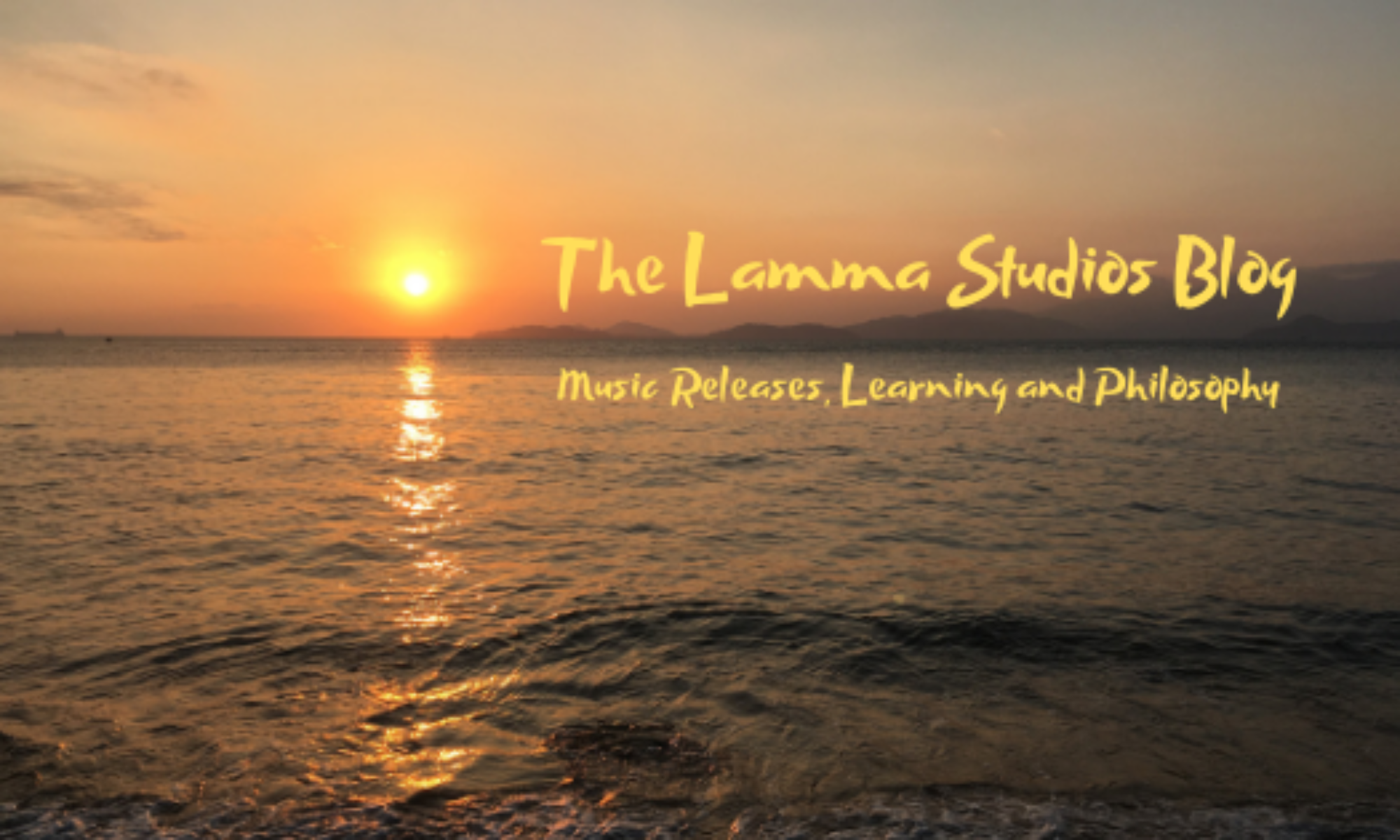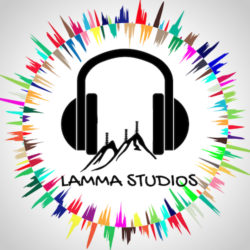Principle One: Begin with the “Why?”
The first step to success in music is discovering the real reasons why we want to play. If our “Why?” is in harmony with our real reasons for playing, learning will be a joy.
Why do you want to play music? What draws you to your instrument? What kind of music do you want to play? Who do you want to play with? Who do you want to play for? What do you want it to feel like? Sound like? How do you want music to fit in with the rest of your life? These questions are critical and usually neglected, so getting this step right will get us far ahead right away.
When we decide to start playing music, most of us immediately start asking “How?” “How do I play this instrument?” or “How do I win this audition or pass this test?” etc. This is not the best idea. Instead the most important first question is “Why?” “Why do I want to play music?” “Why am I playing today? Why am I standing on stage?” That’s is a much better place to start an exploration of music.
Our true answers to “Why?” are usually good ones, like “I love music” or “I want to express my musical ideas” or “I like the way that playing music makes me feel and I want more of that.” These pure and true motives are where we want to put our focus when we learn music. If the “Why?” is answered well, the “How?” will be easy.
If we forget our real “Why?” we might start thinking the answer is something like, “I want to not make mistakes” or “I want to get it right” or “I want to not embarrass myself” or “I want to win this audition” or one of many ego-based desires that make music making much more difficult. Instead, we should figure out our real personal “Why?” and remind ourselves regularly, especially while we are playing . This is very important.
Exercise 1A: Discovery guided visualization.
To get started on discovering your best “Why?” try this guided visualization. In it you will simply relax and ask your deeper self these important questions. Don’t worry if this seems difficult for you at first. You don’t need to “figure it all out.” Instead the process is more like discovery. As you repeat this visualization exercise the answers will come more and more clearly with no effort required.
I suggest you repeat this visualization for 30 days to discover your true musical intention and reinforce the mental images of it. This will be enough to begin to train the subconscious to be a musician and to bring up your answers far enough into the conscious mind to really understand why you want to play. It’s also advised to perform this exercise either first thing in the morning or right before bedtime.
Exercise 1B: Write a personal musical mission statement.
The goal of this exercise is to write a personal musical mission statement of why you play music that expresses your highest intentions. Instead of sitting down once to do this I suggest you work on it frequently, particularly right after you finish exercise 1A.
In this exercise, craft your musical mission statement. Make it as long as it needs to be but try to be concise. Make many revisions until it feels great and rings true. I suggest making a longer version and then a short version that touches upon all of the most important aspects of your musicianship.
Print out your mission statement on small pieces of paper and put in and around where you play. Put some in your instrument case, on your music stand at home, wherever you will see it regularly. Before you start playing, read it over to remind yourself of your highest motivations for playing music.
Example: Josh’s personal musical mission statements
Long version:
I play music for several reasons. First, I love the feeling of playing music, being surrounded by music, listening to music as I play and feeling it in my heart and all over my body. I love the feeling of collaborating and communicating with fellow musicians past and present and joining our music with the greater world of music everywhere.
Second, music is one of the best ways to bridge the gaps inside and with other people. It helps me connect to my own true self, communicate that truth to others, understand others’ true selves, and to feel the connections between us.
Third, music forms the basis of many of my best friendships. Music shows us that we can be on the same team and work for the good of all. Most of my best friends are musicians, and playing music together the right way brings any relationship closer.
Fourth, music is a great road to personal development, self expression and health. It’s great for my brain, body, soul, relationships, and our society. Music is great medicine.
Fifth, I play music because it is who I am. I am a musician. Music brings out the best parts of me and shows me a glimpse of my true self and potential. It is a great career that allows me to simultaneously be true to myself, help the world and make a nice living, with plenty of free time for education, rest, friendship, learning, travel and self improvement.
Finally, music is a way to generate the creative energy we all need for ourselves to feel nourished in that essential area. Creativity is one of the most powerful forces in the universe and creative music making is a way to tap into that essential power.
Short version:
I play music because I love the feeling, it connects me with others and myself, keeps me healthy, gives me purpose, lets me create and pay the bills. Music lets me be me.
Supplemental reading and viewing:
Psycho Cybernetics by Maxwell Maltz
Here’s some supplemental reading and viewing on the benefits of music. Maybe you will resonate strongly with some of these ideas and add them to your personal list.

